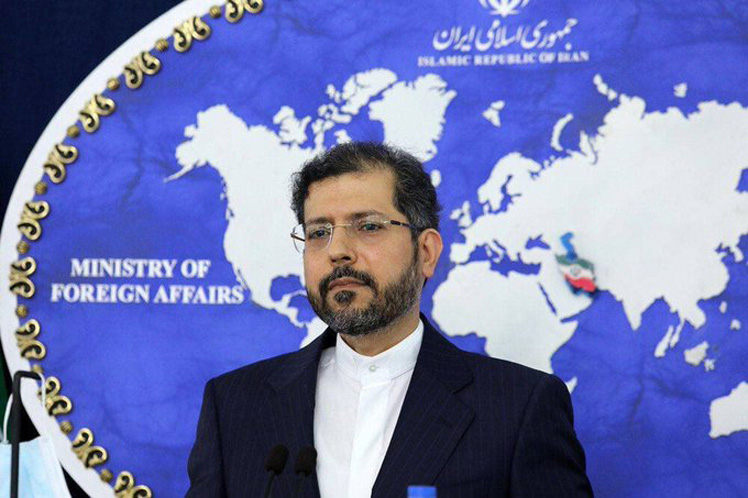Iranian Foreign Ministry Spokesman Saeed Khatibzadeh described talks between Tehran and the signatories of the Joint Comprehensive Plan of Action (JCPOA) or nuclear deal, which are held in this capital, as technical.
Those negotiations, he stressed, consist of finding a way for the United States to return to its obligations under UN Resolution 2231 that covers the multilateral agreement signed in 2015.
Washington withdrew from it in May, 2018 and reimposed coercive measures on Tehran, which were left behind in the agreement signed between Iran and the group 5+1 (the United States, the United Kingdom, France, Russia and China plus Germany).
‘There was some progress in the talks, but it doesn’t mean the resolution of differences,’ Khatibzadeh told the accredited press in Iran at his usual briefing on Mondays.
To the spokesman, it is a difficult and complicated stage, which could be resolved if the White House ends former President Donald Trump’s failed legacy and returns to its JCPOA commitments.
Khatibzadeh said Europeans and Americans have no reason to worry about Iran’s decision of enriching uranium at 60 percent purity.
That measure resulted from the terrorist attack on the Natanz nuclear plant, devised by Israel, according to reports of Iranian intelligence.
rly/aph/mgt/arc










